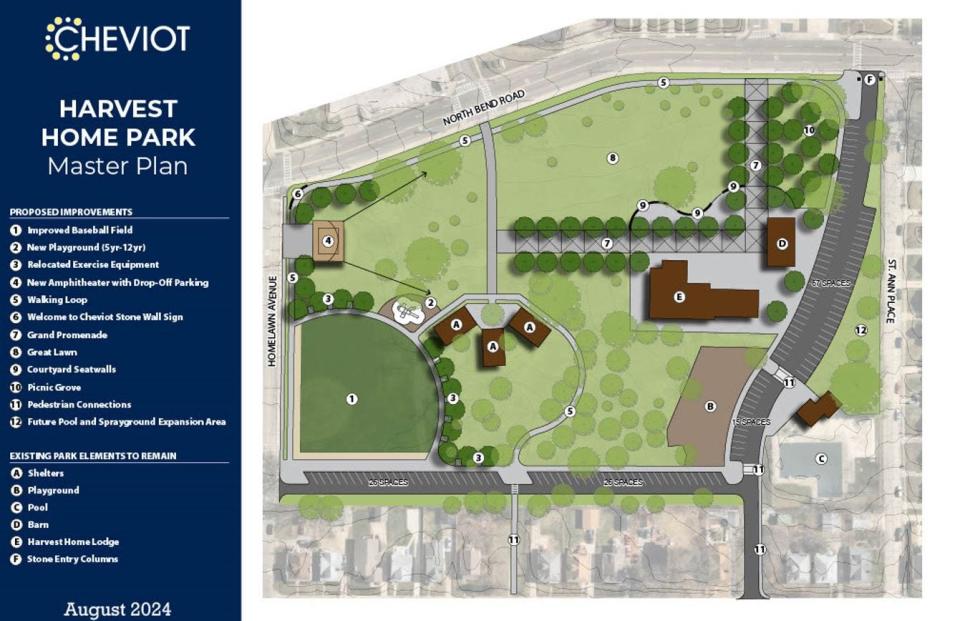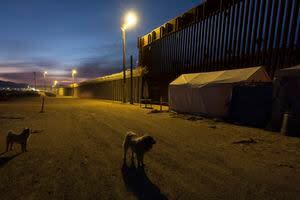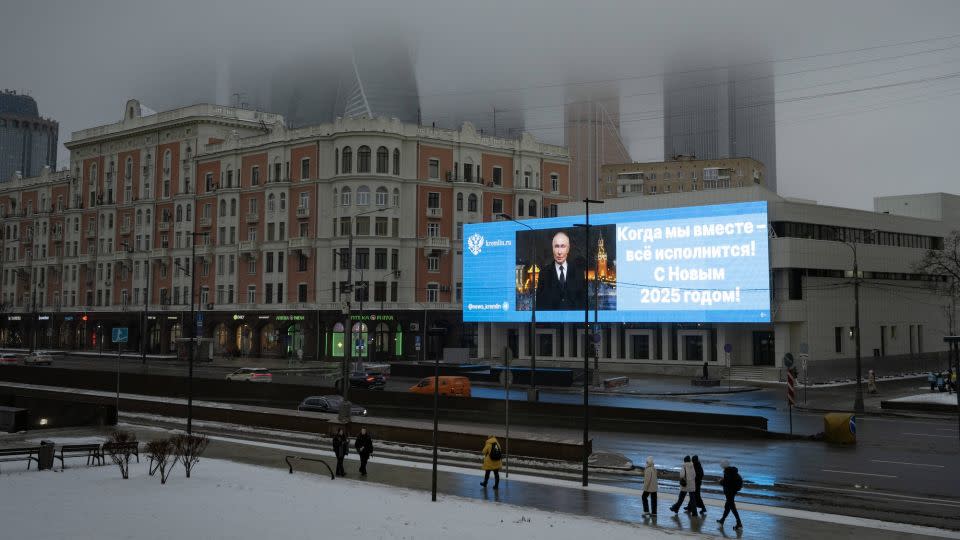RCMP are calling on officers from across the country to help fill gaps in detachments in Manitoba and Saskatchewan.
The police service’s Manitoba division has confirmed it issued a countrywide callout for assistance in Manitoba and Saskatchewan amid a shortage of front-line officers last week.
Assistant Commissioner Scott McMurchy, commanding officer of the Manitoba RCMP, said the province currently has about a 15 per cent vacancy rate as it deals with a growing number of complex investigations, including a nearly twofold jump in homicides last year.
“It’s not a secret that we have a number of vacancies in our front-line detachments internally within Manitoba,” McMurchy said.
“The purpose of this additional ask from outside of the division is basically just to augment what we’re already doing, and to give my folks, my employees here in Manitoba, the opportunity to literally catch their breath or … just to give them additional resources.”
Portage la Prairie Mayor Sharilyn Knox welcomed the news, saying it would provide some relief to officers suffering from burnout.
The small southern Manitoba city currently has a contract for 27 RCMP officers, but the number they actually have has regularly sat at around 22 members for a long time, Knox said.
“A major concern for us [is] that people are putting in all these extra hours in a job that is very difficult,” Knox said.
“They’re doing the best they can.… We just know that this cannot be sustained.”
Beausejour Mayor Ray Schirle told CBC’s Up to Speed that a lot of overhead costs still get billed the same when a detachment is short-staffed, even if there is an adjustment to account for vacancies.
“At the end of the day, if we have to start paying overtime and different added charges like body cams and all these things, we have shortfalls — and we’re just a small community,” he said.
McMurchy said they’re particularly feeling the crunch in the north, where staffing numbers fluctuate regularly because of short-term or medical leaves.
‘This is a stopgap’
Sgt. Bobby Baker, Prairie region director with the National Police Federation, said last fall, the division asked officers to do two-week tours in the north to make sure staffing levels there remain consistent.
Baker said the police force remains unable to keep up with processing prospective recruits, with over 19,000 applicants across the country still waiting to join the academy.
Manitoba is expected to welcome an additional 100 new officers by September, on top of a provincial commitment for extra officers, but that still may not be enough to meet the demand, Baker said.
“This is a stopgap,” he said.
McMurchy said senior management is looking at ways to prioritize the applications of candidates who will come back to serve Manitoba.
Assistant Commissioner Rhonda Blackmore, Saskatchewan RCMP’s commanding officer, said the request includes calls for short-term deployments ranging from a few weeks to a couple of months, as well as some permanent positions.
Saskatchewan’s vacancy rate as of November was 13.4 per cent.
“We too set a record here for homicides this year,” she said.
“That increasing violent and complex crime … puts strain on the resources that are left trying to do the work.”
Ability to choose
McMurchy said efforts since the COVID-19 pandemic to up recruitment numbers by allowing cadets to choose the province where they’ll first be posted — though overall successful — have had an impact on the number of officers deployed in medium-sized divisions like Manitoba and Saskatchewan.
Michael Boudreau, a criminology professor at St. Thomas University in New Brunswick, said the move — part of a series of changes to recruitment amid a countrywide staffing crisis — shows how desperate the police service is to lure in new officers.

“When things are desperate, like the staffing situations are now in Saskatchewan and Manitoba … the RCMP have to move officers around again,” he said.
“While that may be understandable, it’s going to work against this idea … that you can pick where you want to work.”
It may take some time to show how effective the new policy is, but neither it nor higher wages nor efforts to open recruitment to a more diverse group of candidates, including more Indigenous people, have been able to address why an increasing number of Canadians is eschewing a career in policing, Boudreau said.
“Policing has become a much more difficult job to do, I think in part because of public scrutiny,” he said. “As a result of that pressure, more people are not necessarily choosing policing as their go-to profession.”
Blackmore said in December, RCMP started to bring in cadets from Ontario and Quebec under memorandums of understanding, allowing them to transfer back to their home provinces after serving in Manitoba or Saskatchewan for three years.
RCMP are calling on officers from across the country to fill gaps in detachments in Manitoba and Saskatchewan. The memo was sent out to serving members of the national police force and reservists asking if anyone would be willing to work for a few weeks in the two prairie provinces.
#RCMP #calls #backup #Manitoba #Saskatchewan #staffing #crunch










Leave a Reply